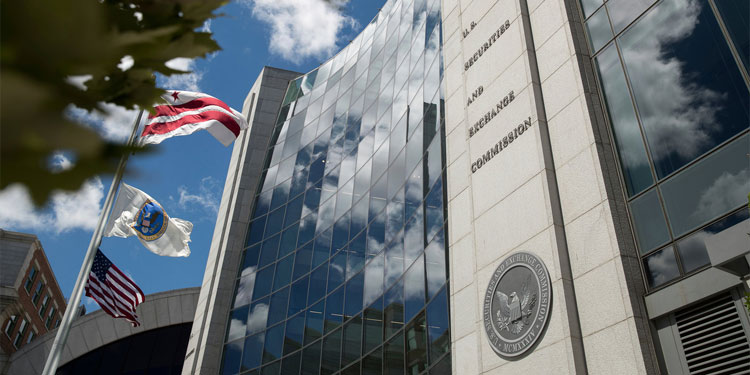 Vega Protocol, a blockchain platform with a focus on trading, has recently launched perpetual futures markets on its network. These perpetuals, a form of futures product without expiration dates, join the array of offerings introduced since Vega’s mainnet release in March 2023, which includes existing cash-settled futures markets.
Vega Protocol, a blockchain platform with a focus on trading, has recently launched perpetual futures markets on its network. These perpetuals, a form of futures product without expiration dates, join the array of offerings introduced since Vega’s mainnet release in March 2023, which includes existing cash-settled futures markets.
Community-Driven Decision-Making in Permissionless Markets
The newly introduced perpetual futures on Vega will operate on a permissionless basis, allowing community members to propose and vote on specific assets for which perpetual futures will be created. This initiative positions Vega within a competitive landscape, alongside platforms such as dYdX, GMX, Gains, Synthetix, and Perpetual Protocol.
Vega’s Unique Approach to Governance
Vega aims to distinguish its perpetual offering by providing the community with the ability to leverage on-chain governance for the introduction of permissionless markets. In a departure from the conventional practice of limiting settlements to USDC or equivalent stablecoins, Vega’s community-led governance will have the option to approve any ERC-20 token for settlements via its governance mechanism.
Barney Mannerings, co-founder of Vega Protocol, expressed the significance of this release, describing it as a substantial step forward for Vega and the next generation of decentralized finance (DeFi). Mannerings highlighted the introduction of perpetual futures, a highly sought-after feature within the community, to Vega’s open and permissionless network.
Vega’s Trading Volume Milestone and Robust Infrastructure
Since its alpha mainnet launch in March, Vega has witnessed trading volumes exceeding $850 million from its futures markets alone, as reported by the project team. The platform’s journey began with the release of its whitepaper in 2018, outlining a performance-optimized blockchain featuring a Tendermint proof-of-stake consensus mechanism. Vega was meticulously designed to meet the demanding requirements of crypto derivatives trading, ensuring low latency, high scalability, and incorporating a decentralized limit order book (dCLOB) on its blockchain infrastructure.
Funding Success and Vega Token Dynamics
In 2019, Vega secured a $5 million seed funding round led by Pantera Capital. Building on this success, the project raised an additional $43 million through a community token sale on CoinList in 2021. Vega Protocol is underpinned by validators who actively participate by staking the Vega token. As of the latest available data, the Vega token is trading at $1.2 with a market capitalization of $70 million, according to The Block’s price data.
In conclusion, Vega Protocol’s introduction of perpetual futures markets and its commitment to community-driven governance positions it as a key player in the evolving landscape of decentralized trading. With a track record of substantial trading volumes, robust infrastructure, and innovative token dynamics, Vega continues to shape the future of decentralized finance through its forward-thinking initiatives.








